MICHELE VANNUCCI: DELTA (2022)
LUIGI LO CASCIO, ALESSANDRO BORGHI IN DELTA
Local conflicts end in a one-on-one duel
Locarno, home of the wild and offbeat, was the kickoff spot for this rough Italian noir-western set in the Po Valley of two men who clash. Delta is an earnest semi-documentary actioner, but at times it's messy and silly. Adults giggle, grab, and fall over each other at play. But there is committed acting here and dp Matteo Vieille does a lot to make it real. Maybe the genre and earnest contemporary elements don't clash, though to spin them out fully it's true, as suggested by reviewer Maria Braga, this could work better as a miniseries.
The region as seen here is gray, wet, and an eco-disaster. Big companies have been dumping waste. Big dead fish turn up. Poachers sneak in by night, use electric shock to kill fish. Old photos are all that remains to show a time of locals who legally and properly made a living fishing here and the area was not in turmoil.
A bear of a man called Elia (Alessandro Borghi), always an outsider, now lives with Romanians who poach fish illegally using electric shock. The opening scene is tight on Elia, his broad back wrapped in a striking decorated coat with a picture woven on the back, very alone, rowing in a boat in the tangled briar-infested wetland while a helicopter hovers menacingly overhead looking for poachers like him. He isn't caught, and shock kills dozens of fish: a drone shot looks down on Elia in his boat surrounded by floating dead fish.
Osso (Luigi Lo Cascio, who has an interesting haggard boy look now) is an ardent local environmentalist and great stickler for hands-off, restrained enforcement of regulations. But things turn personal for him when it develops that his ex-girlfriend Anna (Emilia Scarpati Fanetti) is now connected to none other than Elia. But Osso is also in conflict with locals (and perhaps the carabinieri) who warn him his concern with the chemical waste is out of date, the bigger problem now is the foreigners. (Are they Romanians?) indeed, in this physically and emotionally violent melodrama, they defend their forest-wetland lair as their private domain, violently.
All these geopolitical and sociological conflicts fade into the background when the second half of the film turns into a desperate one-on-one struggle between Elia, fleeing carabinieri and people, and Osso, who tracks him down to avenge a terrible wrong done to him. It's off and on, sometimes over the top, but magnificent use is made of the rich foggy, soggy settings of river, wetland, and bramble. Vanucci deserves credit for his vivid use of the Po setting.
Delta, 105 mins., a Grøenlandia production that premiered at Locarno Aug. 7, 2022, also showing at half a dozen other festivals. It has done poorly at the Italian box office since its March 23, 2023 release, says Quinlan. Screened for this review as part of the Open Roads: New Italian Cinema June 1-8, 2023 series at Lincoln Center (with Cinnecittà)
Sunday, June 4 at 2:30pm (Q&A with Michele Vannucci)
Tuesday, June 6 at 3:00pm



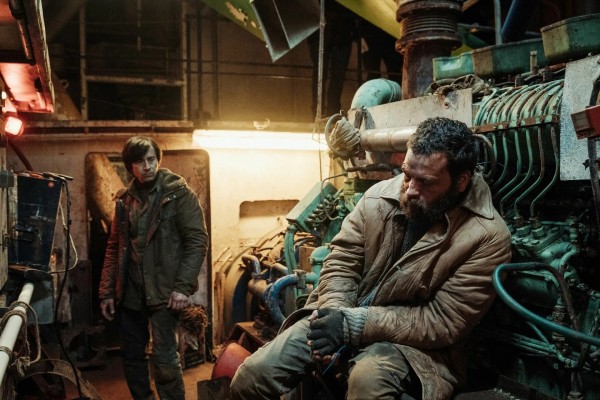

 Reply With Quote
Reply With Quote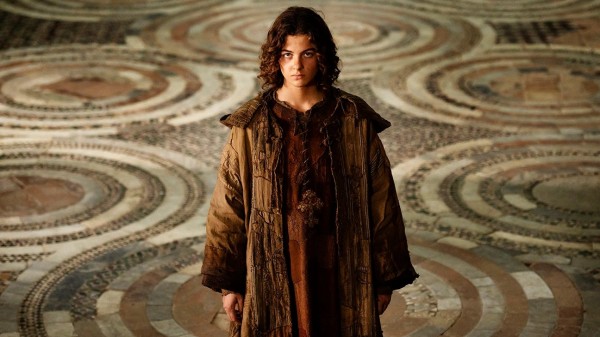
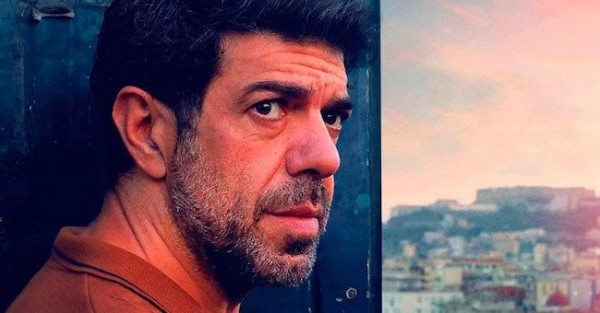
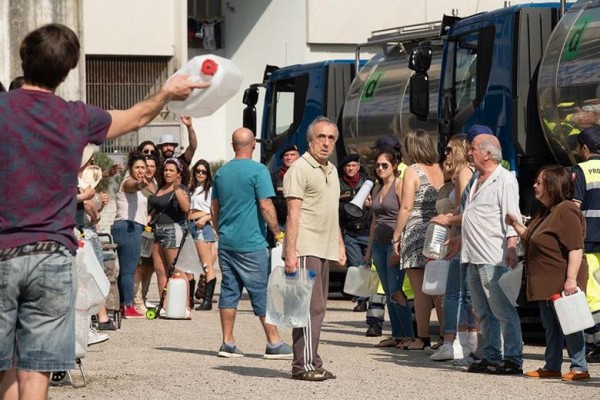
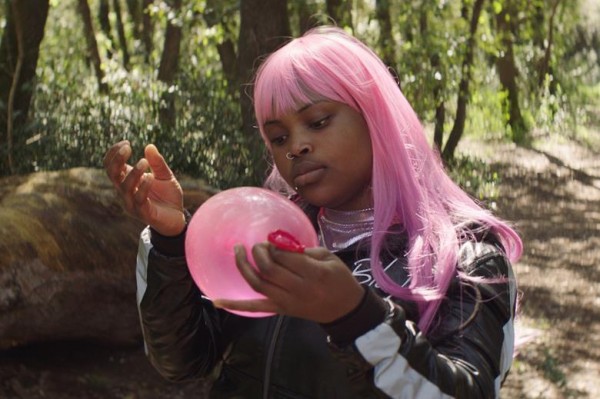
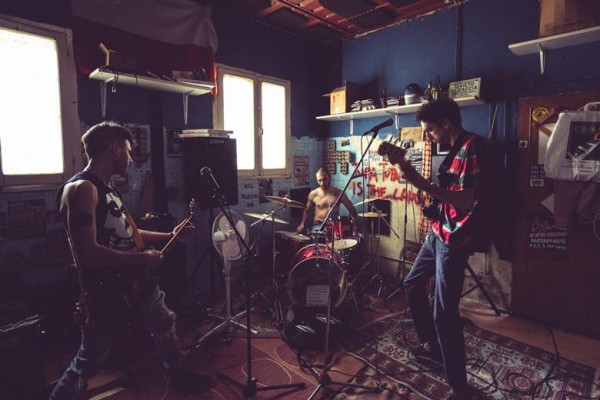
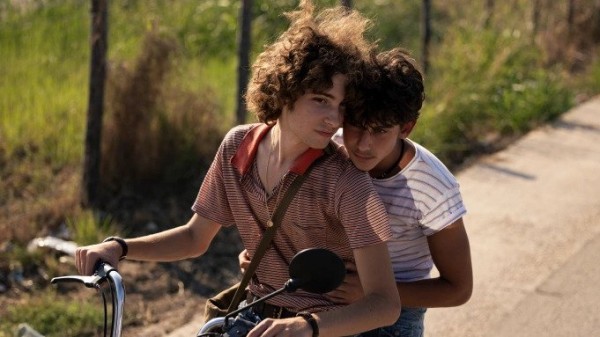

Bookmarks